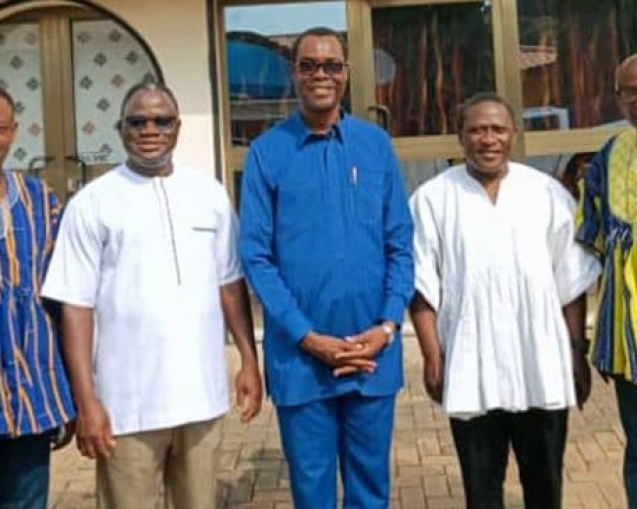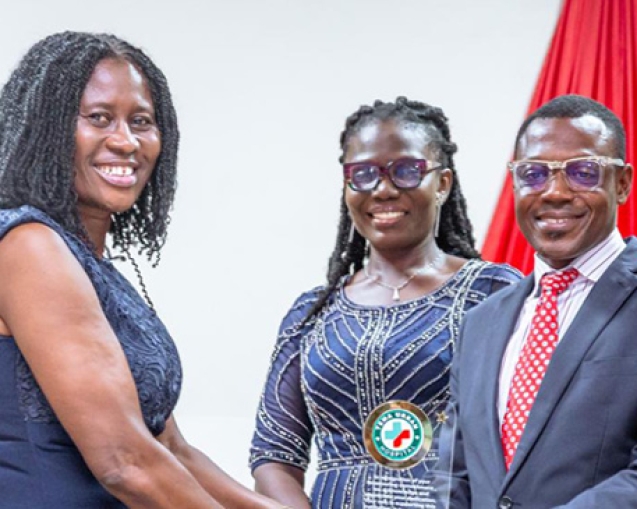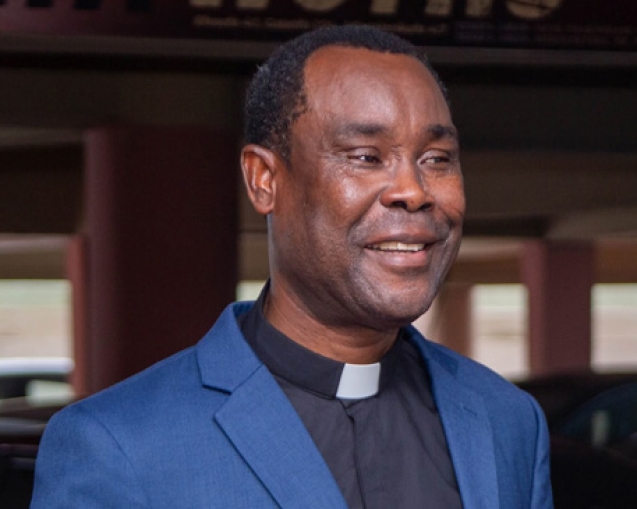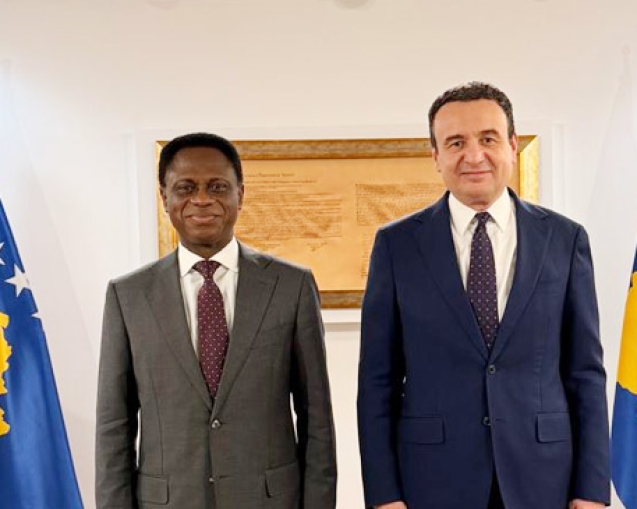Ghana has always been a beautiful religious landscape. The art on the world canvas of religious turmoil looks different when the lens focuses on Ghana. Right from the days of the colonialists to the contemporary times, we have lived in harmony. I have seen how Christians and Muslims live in peace in this nation. Once, my car caught fire, and Muslims risked their lives to douse it for me. Currently, my mission house is situated in the heart of a Zongo and from my predecessors till date, we have lived in peace and mutual respect.
It has, therefore, been disheartening to see and hear that, at times, Christians get at each other when we could be so nice to people of other faiths. The question then has been, what is happening to the body of Christ? The apostle Paul admonished that the eyes cannot tell the hand, ‘I don’t need you’ (1 Corinthians 12:21). The forebears of the Pentecostal and charismatic movements in Ghana knew this so well so that at the time when there was a seemingly boiling tension in the land at the Pentecostal front, they did not divide but sought ‘Unity in the Spirit’. The branches knew they were of one Tree of Life (Jesus Christ). After five decades and more, we witness the fruit of their foresight. We see the move as the Ghana Pentecostal Council spread its wings to become the Ghana Pentecostal and Charismatic Council. We have seen how the council is getting more vibrant each day at the national level and among the clergy. The wing of inward-looking denominationalism is gradually breaking down at the top, which is heart-warming.
However, unity in the Spirit is not about unity in the clergy. It is about that the Church ‘may be one’ (John 17:21). As we celebrate GPCC week this year under the theme, ‘United for God’s Glory,’ we must all work at unity in the Spirit for God’s glory at all levels of the church. I humbly want to suggest some practical steps GPCC can take at all levels to ensure the unity we all desire trickles down even to the level of our Children’s Ministry in the various denominations.
First, let us learn to understand the practices of member churches so that any critique will be constructive and not disparage one another, especially before the congregations. Let us not behave as the average Ghanaian politician who will dirty their opponent during party primaries and turn around to talk about uniting to fight for a national election. When we speak ill of ourselves to our congregations, we mock our coming together. We sow the seed of discord among them, and they see our coming together as a charade than the true spirit of ‘Unity in the Spirit’ we advocate.
Related to this is the need to avoid being over ourselves on our successes and uniqueness in a manner that seems to spite others. We must be humble to know that we do not know it all or have it all and that there is something to learn from one another. The more open we are to ourselves, the more our unity in diversity will affect one another as we work at unity. We do not need to look down on ourselves but lift one another. Let us all know that people have different tastes; thus, the gospel is baked in different flavours (denominational uniqueness) to meet those tastes. The key here is to see ourselves as the one body of Christ. We must cultivate humility and avoid assuming that everything and everyone revolves around us.
We must realise that this call to unity is not a general spirit of friendliness or camaraderie. Unity is a product and result of the Cross and the Spirit’s work in us. It goes beyond the unity of secular life. It is the very life of the Spirit. Walking in Spirit means working together. We are not aiming at everything for the sake of unity or our pride – it is ‘of the Spirit.
We need to be patient with ourselves. Long-suffering and forbearing with others is crucial as we desire unity. Others may offend us in various ways. There will be complaints. Wherever there are people, complaints and dissatisfactions are bound to happen. The swiftness with which those with the mandate attend to the issues is critical.
At the local church level, let us talk more about GPCC, the benefits of unity, and the need for this unity and promote it. Leaders of the local churches and the members should be encouraged to see other Christians in different denominations as brethren in Christ and relate well with them both at work and in the communities in the spirit of ‘Unity in the Spirit’.
We can create room for the lay leaders in the local churches to fellowship among themselves with the GPCC Districts and Zones as the clergy do regularly. This will break the ‘dividing walls’ between how the clergy see GPCC and how the laity appreciates it.
In the homes and marketplaces, our members can promote the unity of Pentecostals and Charismatics by coming together for devotions, Bible study, prayer meetings and other godly commitments. The Church of Pentecost can lead the way with our already-established Home Cell and Worker Guilds.
At the monthly meetings of the clergy to deliberate on GPCC at the District level, the laity should be allowed to join occasionally. It is not enough to let them represent the clergy when they cannot attend. At least once every quarter is enough to promote the course of GPCC.
There should be more GPCC communal efforts, such as clean-up campaigns, peace campaigns, sports festivals, marriage seminars and cooking competitions, among others, at the various levels of the council. We must make our unity practical and expand the frontiers of that unity.
Finally, we need to raise constant prayers for the unity of the body of Christ; GPCC must be on our prayer radial, not only during GPCC events. Let us lift prayers for the leaders, the body, and each church member. Pray that you will be one in Spirit and purpose. GPCC must be on our constant prayer list. The more we pray about it, the more the Spirit will lead us to innovate, ameliorate, and expand the vision of GPCC.
As I conclude, let us remember that our unity already exists: The unity in the Spirit already exists as a spiritual reality through the work of the Holy Spirit in the lives of believers. We are already united in Christ, and the Holy Spirit maintains that unity as we ‘walk in a manner worthy’ of our calling (Ephesians 4:1). Our calling towards Unity in the Spirit is to build on and preserve what has been attained. Unity does not happen easily or automatically, nor can it be demanded or presumed. We need to build and maintain the unity of the Spirit with painstaking effort. And if it is to be ‘deeply rooted’ rather than superficial and enduring rather than fleeting, it will take time and endurance to build. Let us make the time.
Promoting unity among church members of different denominations is crucial for the growth and witness of the Church in the land. Remember our common identity; focus on what unites us rather than what divides us. We should always remember that we are all part of the body of Christ. Our unity glorifies God.
GPCC, unity in the Spirit!
Written by Pastor George Osei-Asiedu


















